Bank for International Settlements (BIS) is one of the oldest international financial institutions in the world, founded in 1930 and headquartered in Basel, Switzerland. Its core mission is to promote international monetary and financial cooperation at the service of central banks and other international organizations. The following is a detailed analysis based on publicly available and official data, covering its underlying information, scope of services, regulatory and compliance, financial health, digital services, customer service, security measures, and featured services.
basic bank information
BIS is the Bank for International Settlements, an international financial institution owned by the central banks of 63 member countries, founded in 1930 and headquartered in Basel, Switzerland. BIS is not a state-owned, joint-venture, or commercial bank, but an international financial institution that aims to promote international monetary and financial cooperation at the service of central banks and other international organizations.
name and background
founded: 1930
based in Basel, Switzerland
Shareholder Background: Owned by the central banks of 63 member countries, BIS itself is not a public company, but is owned by these central banks.
>full name: Bank for International Settlements
scope of services
Number of offline outlets: BIS does not have offline outlets in the traditional sense because it does not provide services to the public and only has representative offices in Basel, Hong Kong and Mexico City.
ATM distribution: N/A because there is no public-facing service.
> coverage area: Global, as its member central banks come from all over the world, including 34 in Europe, 16 in Asia, 5 in South America, 3 in North America, 3 in Africa and 2 in Oceania.
services and products<
span style="font-family: sans-serif; color: black">BIS's main services include:
provides banking services to central banks, such as deposits, loans, foreign exchange transactions, etc.
provides economic and financial research, publishing reports and data through its economic research department.
conferences and seminars, such as meetings of central bank governors, to promote policy dialogue.
the development of international financial standards, such as Basel Accords, which influence the regulatory framework of the global banking industry.
financial health
BIS is in a strong financial position with a balance sheet totalling 379 billion Special Drawing Rights (SDRs) as of March 31, 2024. Major assets include:
government and quasi-government securities (36%), such as Treasuries and notes.
cash and cash equivalents (12%), mainly held in the Central Bank.
reverse repo agreement (30%), secured by sovereign bonds.
loans and advances and other assets (11%).
gold and gold loans (8%), which includes a 102t gold portfolio.
liabilities are mainly from deposits with the Central Bank, amounting to 346.1 billion SDRs. BIS provides capital adequacy and risk management disclosures in its annual report, but specific indicators such as capital adequacy ratio, non-performing loan ratio, and liquidity coverage ratio are not disclosed, as these are more applicable to commercial banks. The financial stability of BIS is backed by the central banks of its members and the risk is relatively low.
security measures<
ul style="list-style-type: disc" type="disc">BIS, as an international financial institution, certainly has strict security measures in place to protect its financial transactions and data, but the specifics are not disclosed. Given its role, its security protocols may include advanced encryption, access controls, and risk management measures.
featured services and differentiation
BIS is unique in that it is:
it is a central bank that promotes international monetary and financial cooperation, Provide a platform for dialogue through regular meetings such as the Central Bank Governors' Meeting (G10 and G20).
it provides independent economic analysis and research, through which its economic research division publishes reports, such as annual economic reports, analyzing global economic trends.
it promotes technological innovation in the field of central banking through the BIS Innovation Center, supporting the development of digital currencies and payment systems.
summary
Bank for International Settlements (BIS) is a cooperative platform and service provider for global central banks, founded in 1930 and headquartered in Basel, Switzerland. Its core responsibility is to promote international financial stability and cooperation, and it plays a role in providing banking services to central banks, economic research and standard-setting. BIS is not public-facing, its financial health is backed by member central banks, and there are no recent compliance issues. Its unique position gives it a key position in the global financial system, especially in terms of international financial cooperation and technological innovation.










